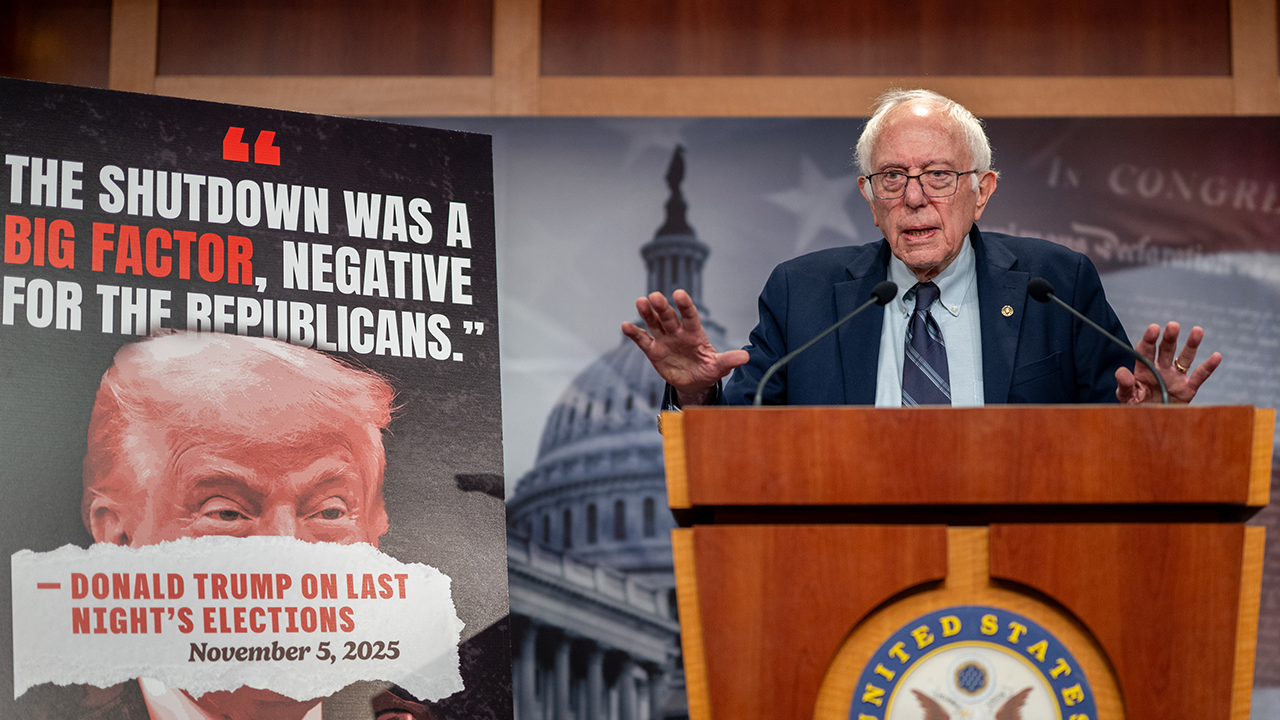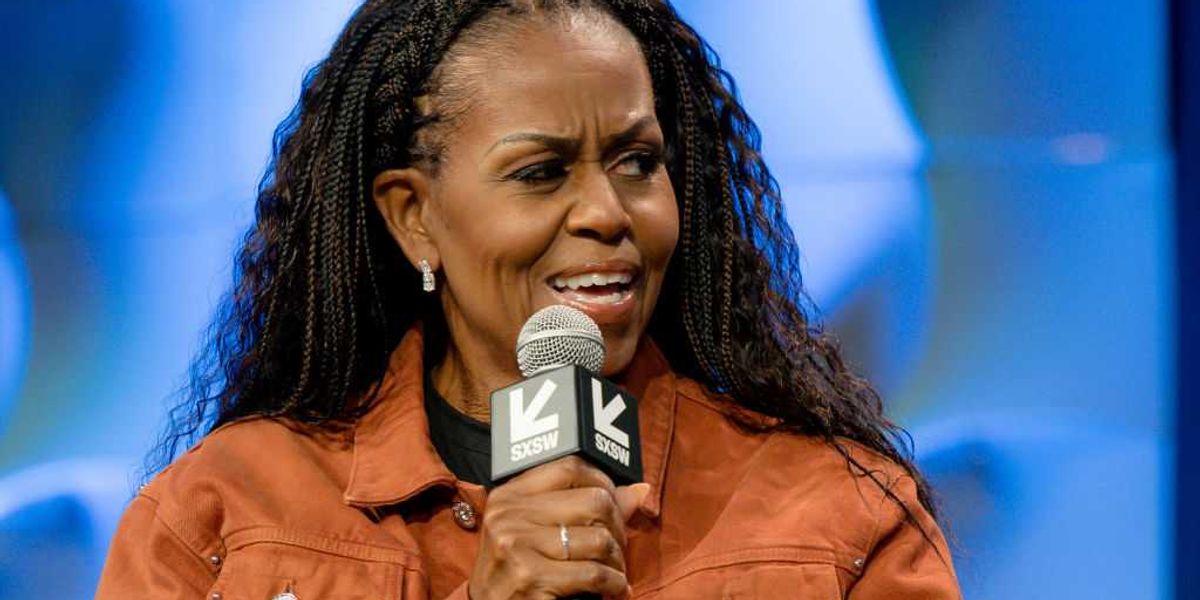Democratic National Committee Chair Ken Martin appeared on Fox News with Shannon Bream this week to discuss the ongoing government shutdown, where he attempted to pin the blame on Republicans.
Martin claimed that the GOP “own every part of this government and they own this shutdown.”
Bream immediately challenged that assertion, pointing out that Senate Republicans do not have the 60 votes required to overcome a filibuster.
“They don’t own the Senate when it comes to having 60 votes,” she said, pressing Martin on his characterization of the situation.
Bream also cited comments from Sen. Chris Murphy (D-CT) made in 2013, when Murphy criticized Republicans for shutting down the government over healthcare policy.
She questioned why Democrats were now employing the same tactic they once condemned.
DNC Chair Ken Martin gets called out for lying about Republicans owning the government shutdown:
MARTIN: “Republicans own every part of this government…”
BREAM: “They don’t own the Senate when it comes to 60 votes.” pic.twitter.com/6n5jS5nXMw
— RNC Research (@RNCResearch) November 9, 2025
This Could Be the Most Important Video Gun Owners Watch All Year
The exchange highlighted ongoing tension in Washington as both parties face political pressure over the shutdown.
Despite Democratic claims, procedural realities in the Senate make it impossible for Republicans to advance legislation without some Democratic support.
Most voters understand that 60 votes are required to move major funding bills forward, meaning bipartisan cooperation is essential to reopening the government.
While Democrats gained ground in several elections on November 4, internal divisions within the party have become increasingly apparent.
CNN’s Jake Tapper raised those issues during a separate interview with Martin, questioning him about the age and ideological divide among Democrats — particularly between older leadership and younger members such as New York City mayor-elect Zohran Mamdani.
Martin pushed back against suggestions that the party’s challenges stem from age, instead framing them as a matter of effort.
“I reject this ageism that’s out there,” Martin said.
“There are plenty of young people who are elected to office who are doing nothing right with the power they have.”
DNC Chair Ken Martin decries “ageism” when Jake Tapper asks if younger candidates like Mamdani might fare better than people in their 70s and 80s.
TAPPER: Your party has a lot of people in it who just will not retire. They’re in their 70s; they’re in their 80s.
MARTIN: I reject… pic.twitter.com/vgBrZFgOhd
— Ken Klippenstein (NSPM-7 Compliant) (@kenklippenstein) November 5, 2025
The remark drew attention for what it revealed about growing frustration inside the Democratic ranks.
The party’s internal debate increasingly centers on its ideological future — whether to continue appealing to moderates or move further left to satisfy younger progressives.
Recent polling adds to those concerns. A survey of Harris 2024 supporters found that 31 percent either “don’t know” who leads the Democratic Party or believe “nobody” does.
Kamala Harris led the list of recognizable figures at 16 percent, followed by Barack Obama, Sen. Chuck Schumer, and President Joe Biden, all registering in the single digits.
POLITICO POLL: Who leads the Democratic Party? (2024 Harris voters sampled)
Don’t know – 21.0%
Kamala Harris – 16.1%
Nobody – 10.5%
Chuck Schumer – 7.7%
Hakeem Jeffries – 7.4%
Barack Obama – 7.4%
Gavin Newsom – 6.2%
Joe Biden – 4.4%
Ken Martin – 2.2%
Bernie Sanders – 1.9%… pic.twitter.com/vEcyWcTu6k— InteractivePolls (@IAPolls2022) November 7, 2025
The results point to uncertainty within the Democratic base over leadership and direction. With Harris viewed by many as the party’s most visible figure but drawing only modest confidence, and established figures like Schumer and Biden ranking even lower, Democrats appear divided both generationally and ideologically.
Martin’s media appearances have done little to clarify the party’s strategy moving forward.
Between disputes over policy tactics like the shutdown and lingering generational tensions, Democrats are facing questions about how they intend to unify ahead of future elections.
Read the full article here


![DNC Chair Stumbles, Gets Fact-Checked to His Face Over ‘Republican Shutdown’ Lie [WATCH] DNC Chair Stumbles, Gets Fact-Checked to His Face Over ‘Republican Shutdown’ Lie [WATCH]](https://www.lifezette.com/wp-content/uploads/2025/11/2025.11.10-06.19-lifezette-6911840934235.jpg)




![What Happens If 10,000 Fraudulent Votes Flipped Georgia? [WATCH] What Happens If 10,000 Fraudulent Votes Flipped Georgia? [WATCH]](https://www.lifezette.com/wp-content/uploads/2025/12/2025.12.12-12.27-lifezette-693c0a3d46437.jpg)


![He ‘Can’t Sleep on Women’ [WATCH] He ‘Can’t Sleep on Women’ [WATCH]](https://www.boredtrashpanda.com/wp-content/uploads/2025/06/2025.06.27-02.16-boredtrashpanda-685ea7d366610.jpg)

